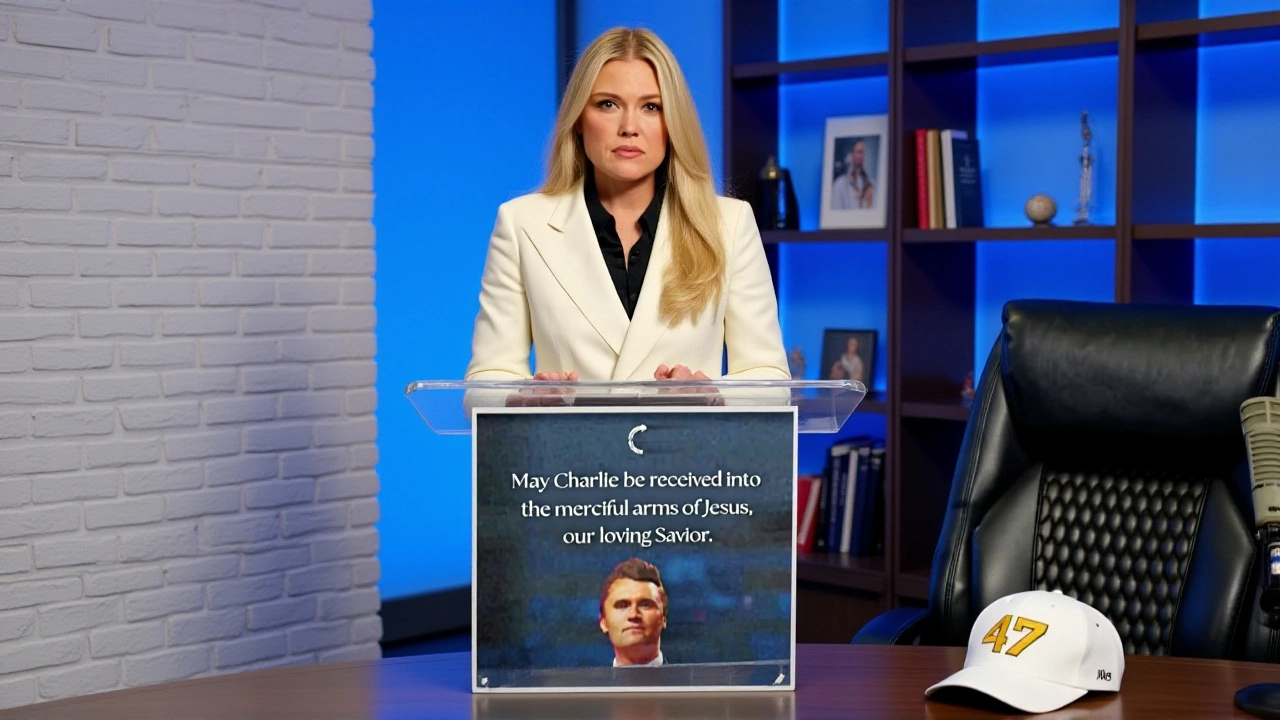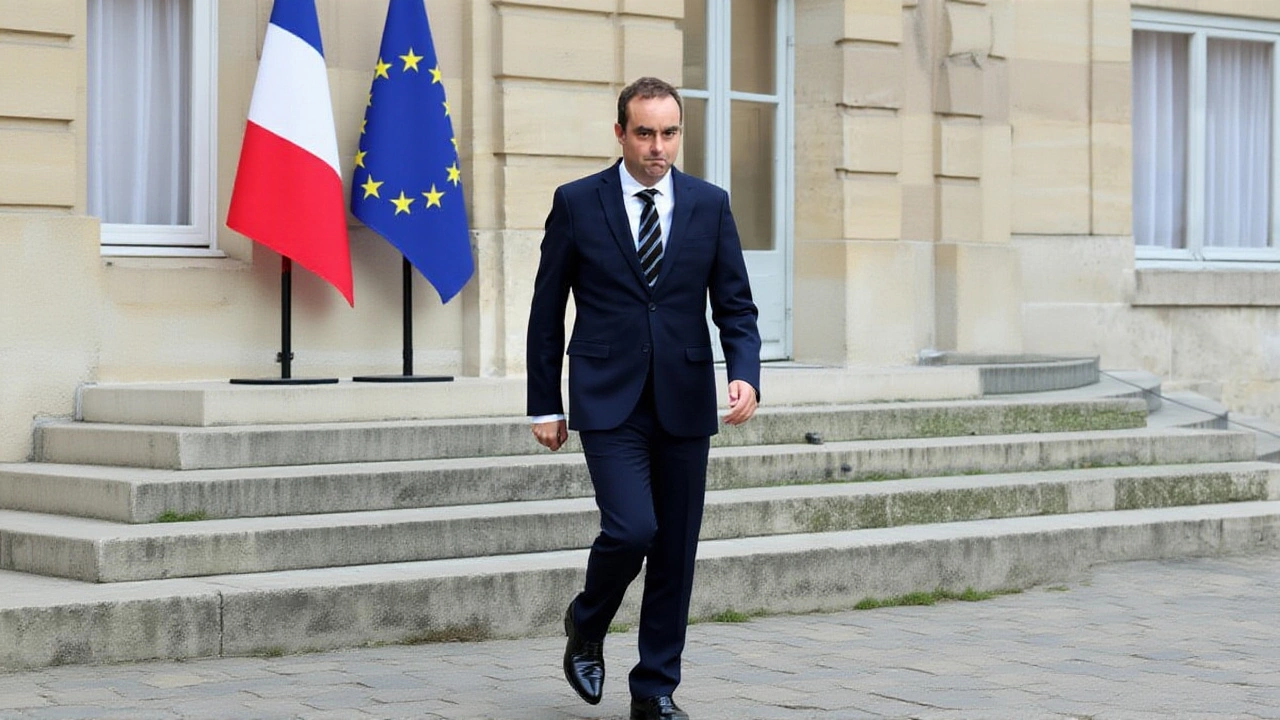Politics: Current Events, Analysis & Insight
When talking about Politics, the process of making decisions that shape societies and governments, you're diving into a world that touches every part of life. Also known as public affairs, politics drives how laws are written, how leaders are chosen, and how power shifts over time. It’s the backdrop for everything from local council debates to international summits.
One of the most visible signs of political turbulence is a government resignation, the formal step a leader takes to quit their post, often triggering a chain reaction in the political system. When a prime minister steps down, it doesn’t just end a career – it reshapes party dynamics, forces coalition talks, and can even set the stage for new elections. The recent resignation of French PM Sébastien Lecornu after just 23 days is a textbook example: his exit deepened an existing political crisis and opened the door for opposition demands.
Why Snap Elections Matter
A snap election, an unscheduled vote called to resolve a governmental deadlock or crisis is often the next step after a resignation. It’s a tool that lets voters reset the political landscape quickly, bypassing lengthy parliamentary negotiations. In France, calls for snap elections grew louder after Lecornu’s departure, illustrating how a single resignation can accelerate the push for a broader democratic reset.
These events all sit under the umbrella of French politics, the unique blend of party systems, electoral rules, and cultural factors that shape France’s political scene. French politics influences the European Union’s direction, affects bilateral relations, and offers a case study for other nations facing their own leadership turmoil.
Putting it together, politics encompasses government resignation, which often triggers snap elections, and both are shaped by the broader context of French politics. This chain of cause and effect shows why staying up‑to‑date matters: each piece informs the next, and together they paint a clear picture of the current political climate.
Below you’ll find a curated list of articles that break down these topics in plain language, offer fresh perspectives on the latest resignations, and explain what snap elections could mean for the future. Dive in to get the context you need before the headlines hit you.
Turning Point USA Denies Erika Kirk to Accept Posthumous Award for Charlie Kirk at Israeli Summit
Turning Point USA denied that Erika Kirk would accept a posthumous award for Charlie Kirk at Israel’s 2025 Christian Media Summit, after Israeli officials mistakenly reported her participation. Charlie Kirk, a conservative icon who observed Shabbat and advised Netanyahu, was assassinated by a U.S. suspect with no ties to Israel.
Renters' Rights Act 2025 becomes law, ending no-fault evictions in England
The Renters' Rights Act 2025 ends no-fault evictions in England, empowering 11 million tenants and overhauling landlord-tenant law for the first time in decades. Implementation begins December 27, 2025.
French PM Sébastien Lecornu Resigns After One Month, Deepening Crisis
Sébastien Lecornu resigns after 23 days, deepening France's political crisis and prompting opposition calls for snap elections and a new coalition.


